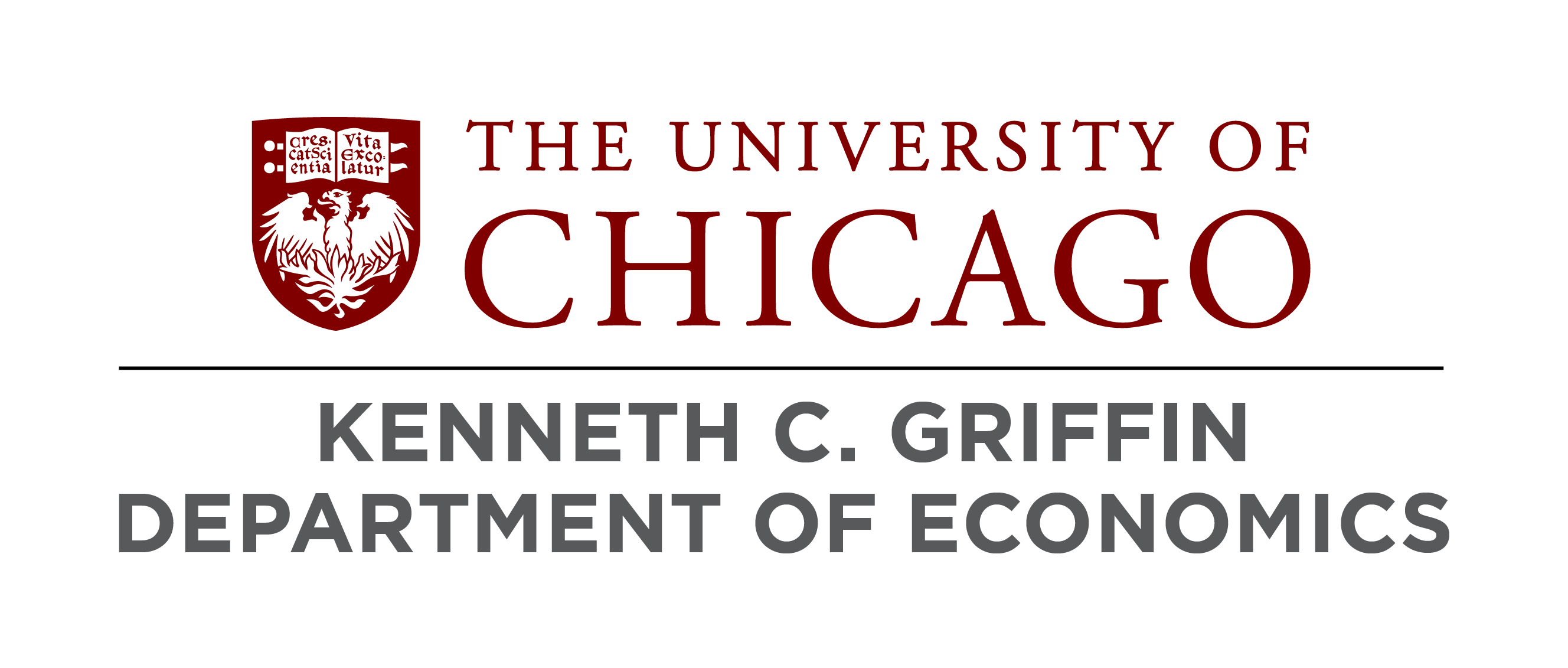GREENSTONE, ET AL.: RENEWABLE ENERGY MANDATES REDUCE CO2 EMISSIONS—BUT AT A COST (2019)
PUBLISHED ON APR 29, 2019
A new working paper co-authored by Michael Greenstone and Ishan Nath finds programs which require a certain percentage of electricity be sourced from renewable energy are inefficient in reducing carbon emissions. The study finds Renewable Portfolio Standards (RPS), enacted in 29 states and the District of Columbia, are inefficient in reducing carbon emissions and come at a high cost to consumers. They found these regulations increased prices by as much as 17 percent, making the policy’s cost of reducing carbon emissions more expensive than current estimates of the benefits.
“The increasing urgency of climate challenge means that the case for ruthlessly seeking out the least expensive reductions in carbon emissions is rapidly strengthening,” said study co-author Michael Greenstone, the Milton Friedman Distinguished Service Professor in Economics and director of the Energy Policy Institute at the University of Chicago. “This study joins a growing body of evidence that demonstrates that when climate policies favor particular technologies or target something other than the real enemy — carbon emissions — the result is less effective and more expensive than is necessary. In contrast, the global experiences from carbon markets and taxes make clear that much less expensive ways to reduce CO2 are available right now.”
Read the full story »
 THE UNIVERSITY OF CHICAGO
THE UNIVERSITY OF CHICAGO

